Expert Tips and Strategies
Finding the top estate lawyer near me in Texas is a crucial step for effective estate planning. This task can seem daunting. Yet, understanding the nuances of estate law in Texas simplifies it. Let’s dive deeper into what makes an estate lawyer in Texas stand out. With your essential roadmap to estate planning: expert tips and strategies.
Imagine
Inheriting a sprawling ranch in the heart of Texas, only to find yourself lost in a legal labyrinth. Welcome to the complex world of estate planning in Texas! But fear not, for the quest to find the top estate lawyer near me is not as daunting as it seems. This blog is your treasure map, guiding you through the twists and turns of Texas estate law. From the dusty trails of probate to the secret passageways of trusts and wills, we’ve got you covered.
Why keep reading about Your Essential Roadmap to Estate Planning: Expert Tips and Strategies?
Because who doesn’t want to be the hero of their own estate planning adventure, armed with the knowledge to secure their legacy in the Lone Star State? Let’s saddle up and dive into the legal frontier, uncovering the secrets to finding the best estate lawyer in Texas.
Understanding Estate Law in Texas
Texas law has unique estate planning and administration aspects. These include specific statutes and regulations. Estate law in Texas covers wills, trusts, powers of attorney, and health care directives. Each element plays a vital role in estate planning. Familiarity with these laws is essential for any top estate lawyer.

Choosing the Right Estate Lawyer
Selecting the right estate lawyer requires attention to detail. Look for qualifications such as board certification in estate planning and probate law. Experience matters. A lawyer with a strong track record in Texas estate law is preferable. Client testimonials provide insight into the lawyer’s reliability and professionalism.
| Factor to Consider | Why It’s Important |
| Qualifications | Ensures the lawyer has the necessary legal education and certifications, such as board certification in estate planning and probate law. |
| Experience | A lawyer with extensive experience in estate law is likely to have handled cases similar to yours and will be more adept at navigating complex legal issues. |
| Client Testimonials | Feedback from previous clients can provide insight into the lawyer’s reliability, professionalism, and success in handling estate planning cases. |
| Specialization | Choosing a lawyer who specializes in estate planning ensures they are up-to-date with the latest laws and techniques in estate management. |
| Communication Skills | It’s crucial that your lawyer can explain complex legal terms in simple language and keeps you informed throughout the process. |
| Accessibility | Your lawyer should be easily reachable and responsive to your queries and concerns, indicating they value your case and time. |
Estate Planning Services
Top estate lawyers offer a range of services. These services are crucial for thorough estate planning. Will drafting ensures your wishes are legally documented. Trusts creation offers flexibility and control over your assets. Estate administration involves managing and distributing the estate. The probate process, while often complex, is navigated with expertise by seasoned lawyers.
Probate Process in Texas
The probate process in Texas varies depending on the estate’s size and complexity. It involves proving the will’s validity, inventorying the estate, and distributing assets. A top estate lawyer can streamline this process. They ensure compliance with Texas laws and minimize delays.

Trusts and Estate Management
Trusts are versatile tools in estate planning. They provide privacy, avoid probate, and can reduce estate taxes. Texas estate lawyers can guide you through setting up revocable or irrevocable trusts. This guidance is tailored to your specific needs and goals.
Tax Implications of Estate Planning
Estate planning has significant tax implications. This includes federal estate tax and gift tax considerations. Effective strategies can minimize your tax liabilities. Knowledgeable estate lawyers in Texas can advise on tax-efficient estate planning strategies.
Estate Planning for Business Owners
For business owners, estate planning extends to business succession planning. Protecting business assets and ensuring a smooth transition is paramount.Estate lawyers specialize in creating plans that address these unique concerns.
Estate Disputes and Litigation
Disputes over wills and estates can arise. Common issues include will contests and breaches of fiduciary duty. A top estate lawyer represents clients in these disputes. They strive to resolve conflicts efficiently, preserving the estate’s value.
Digital Assets in Estate Planning
In today’s digital age, including digital assets in your estate plan is essential. Social media accounts, digital currencies, and online businesses are assets too. Texas estate lawyers understand the importance of securing these digital legacies.
FAQs on Your Essential Roadmap to Estate Planning: Expert Tips and Strategies?
Many have questions about estate planning. Top estate lawyers offer answers. They provide clarity on complex legal concepts. This helps clients make informed decisions about their estate plans.
Latest Trends in Estate Planning
Estate planning laws and practices evolve. Changes in legislation can impact estate planning strategies. Staying informed about these trends is crucial. Estate lawyers in Texas are at the forefront, offering the latest advice.
Estate Planning Checklists and Resources
Preparation is key to successful estate planning. Checklists and resources are invaluable tools. They ensure nothing is overlooked. Top estate lawyers provide these tools, making the estate planning process more manageable.
In summary of Your Essential Roadmap to Estate Planning: Expert Tips and Strategies
Selecting the top estate lawyer near me in Texas is a significant decision. It requires careful consideration of the lawyer’s expertise, experience, and the services they offer. Understanding estate law in Texas, the probate process, and the importance of tax planning are all crucial elements. Trusts and estate management, planning for business owners, and navigating estate disputes require specialized knowledge. Additionally, the inclusion of digital assets, staying updated on the latest trends, and utilizing planning resources are essential for a comprehensive estate plan. By addressing these areas, individuals can ensure their estate planning needs are met with professionalism and care.

And there we have it, folks: Your Essential Roadmap to Estate Planning: Expert Tips and Strategies
The end of our wild ride through the Texan estate law prairie. Choosing the top estate lawyer near me in Texas doesn’t have to feel like a showdown at high noon. Instead, think of it as assembling your dream team for the ultimate legal roundup. Whether you’re safeguarding your digital gold mine or ensuring your ranch finds its way to the right hands, you now have the map to navigate this territory.
So, why should you keep this guide handy?
Because with the right partner in legal cowboy boots, you’re not just planning an estate; you’re crafting a legacy as enduring as the Texas sky. Remember, in the world of estate planning, being prepared means you’re always riding into the sunset, not off a cliff. Happy trails, partner, and may your estate planning adventure be as smooth as a Texas drawl. Just keep Your Essential Roadmap to Estate Planning:Expert Tips and Strategies close for easy access.

Other Related Articles:
- Essential Estate Planning in Texas
- Mastering Estate Planning in Texas for Non-U.S. Citizens
- Estate Planning and Asset Distribution: Key Considerations
- Five Key Measures for Estate Planning in Special Needs Cases
- What Does Estate Planning for First Responders and Military Look Like Compared to Civilians?
- Estate Planning For Texas Ranch Owners: How To Protect Your Property and Legacy
- Estate Planning For Texas Landowners: What You Need To Consider
- Estate Planning For Texas Entrepreneurs: Protecting Your Business and Personal Assets
- Mastering Your Legacy: A Guide to Estate Planning in Texas
- Understanding the Basics Of Estate Planning In Texas
Frequently Asked Questions:
In Texas, estate planning includes creating a will, setting up trusts, choosing an executor, and making healthcare directives. It’s crucial to understand Texas-specific laws, such as community property rules.
seven steps are: 1. Inventory your assets. 2. Determine your family’s needs. 3. Establish your directives. 4. Review beneficiary designations. 5. Choose your executor/trustee. 6. Draft your estate planning documents. 7. Review and update your plan regularly.
The cost varies widely depending on complexity, but a basic estate plan in Texas can range from $1,200 to $5,000. More complex situations may increase the cost.
To avoid probate in Texas, consider creating a living trust for your assets, designating beneficiaries on accounts, and owning property jointly. These methods can help bypass the probate process.








